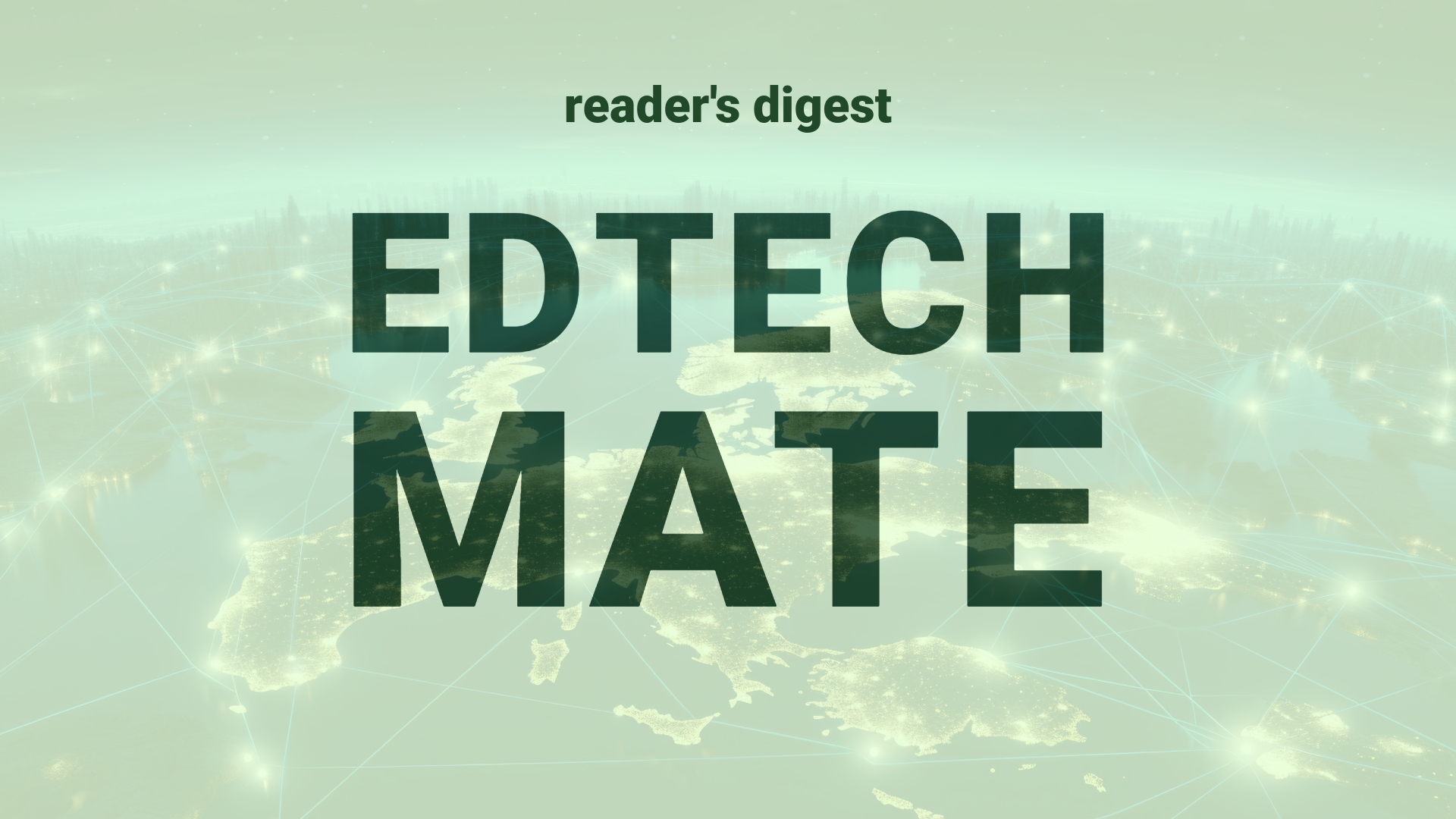Executive Summary and Main Points
Recent studies have indicated a significant transformation in consumer behavior in response to retail discount strategies. A key insight is the finding that smaller, more precise discounts—termed “discount depth”—can effectively increase online shopper purchase intentions. By presenting precise numerical discounts (e.g., 6.8% rather than a rounded 7%), consumers perceive these discounts as temporary and are incentivized to act quickly, fueling sales. This challenges the conventional wisdom that consumers prefer larger discounts and round numbers. The research also suggests that, at relatively low discount levels, the precision of the discount presentation can ameliorate the necessity for deeper discounts, positively impacting retailers’ profit margins.
Potential Impact in the Education Sector
The strategies unearthed in retail could significantly inform promotion and pricing tactics in Further Education, Higher Education, and the offering of Micro-credentials. Educational institutions may leverage precise discount depths in short-term tuition fee promotions, encouraging early enrollment. These tactics could also be applied in partnerships between educational providers and tech companies, factoring in calculated, short-lived discounts on digital course materials and online programs to stimulate immediate uptake and engagement.
Potential Applicability in the Education Sector
Innovative applications of this discounting strategy within global education systems could involve AI and digital tools. AI can be employed to tailor discount offers to individual student profiles and behaviors, thereby optimizing the perceived urgency and value of education programs. Educational platforms could exploit dynamic pricing models, using them for course materials, program enrollments, and even subscription-based learning resources to enhance perceived value and immediacy.
Criticism and Potential Shortfalls
Scaling these findings from retail to education, criticisms may revolve around the different emotional stakes and the nature of investment in education versus consumer goods. Factors such as institutional reputation, educational quality, and long-term ROI are more complex than the impulse-driven decisions characteristic of retail shopping. Cultural and ethical implications, particularly around the commodification of education, accessibility, and fairness, must also be considered. Comparative international case studies would be valuable to assess the cross-cultural effectiveness of such discounting strategies.
Actionable Recommendations
To integrate these retail-derived insights into educational strategy, leadership should consider piloting enrollment promotions using precise discount depth for professional development courses or micro-credential offerings. Monitoring and analyzing engagement and conversion metrics in response to these strategies will provide data-driven insights into their efficacy. It is imperative to balance the perceived discount duration with ethical marketing practices, ensuring that promotional tactics align with the overall value proposition and integrity of the educational institution.
Source article: https://hbr.org/2024/06/research-smaller-more-precise-discounts-could-increase-your-sales

